The ‘Ranthambore National Park,’ has been aptly tucked right in between the beautiful stretches of the Aravali and Vindhya ranges of mountains, in the Eastern region of Rajasthan. This park has been aptly recognised as being one of the largest tiger sanctuaries in India. Tourists from all over India travel to Rajasthan and most definitely stopover at the Ranthambore National Park. The place is spread over 392 square kilometres and is home to a wide array of plant and animal species.
Tourists witness the wildlife in their natural habitat and also get a glimpse of some of the rarest of plant species in India. The park is filled with waterfalls and canals and is more like a secret getaway for tourists looking for a change from the mundane city atmosphere. If you’re a wildlife photographer or just a lover of nature, this is a great place for you!
If you’re visiting Rajasthan for the first time and would love to stop over and explore the Ranthambore Wildlife Sanctuary we’ve got everything you need to keep in mind before your visit mentioned below.
How To Reach Ranthambore National Park
Travel by Air
Tourists who are looking to reach the Ranthambore National Park by airways would have to travel for about 3 and a half hours to reach the park. The journey is about a 176 kilometre stretch from the nearest airport to the park.
Travel by Road
The Ranthambore National Park most often witnesses tourists travelling from either Delhi or Jaipur, making their way to visit the park. If you’re journeying from Jaipur, the drive would take you about three and a half hours for a distance of 180 kilometres. If it’s Delhi you’re coming from, a drive of about eight long hours is what you’re looking at for a distance of 480 kilometres.
Travel by Train
The closest railway station to the Ranthambore National Park would be the ‘Sawai Madhopur,’ which is located about ten kilometres away from the park.
Best Time To Visit Ranthambore National Park
For visitors and tourists visiting the Ranthambore Wildlife Sanctuary for the very first time, you can drop by and explore the park between the months of October and June. Tourists should keep in mind that the park remains closed to visitors during the rainy season, which lies between the months of July to September. For those of you looking to get the best experience and the maximum possible from your journey to the park, the best and most recommended time to visit the Ranthambore National Park would be between the months of November to April.
These months offer tourists with the best weather you’ll find in the region and is also the exact time when the tigers prefer to crawl out into the open. If you’re a bird enthusiast as well, this is also the time when some endangered or migratory birds decide to flock their way into the Ranthambore National Park.
Flora And Fauna Of Ranthambore National Park
The park is also home to an abundance of flora and fauna, as it has been a protected area of land from time immemorial. Tourists can explore all of the natural beauty that the park has to offer as they make their way, through the scenic pathways of the park on foot. This is truly a once in a lifetime opportunity that you surely don’t want to miss out on!
The Ranthambore National Park in itself has been placed in close proximity to the Thar region. This is, in turn, has worked against the park with almost little to no rainfall during the rainy season. Tourists understand this to be yet another contributing factor as to why large parts of the plant species in the park remain dry and withered out.
A major set of the parkland is covered with Peepal and Banyan trees, whilst the Dhok trees, on the other hand, are majorly found on the hilly regions and the sloppy areas, covering about 80 per cent of the entire land. When it comes to the wildlife species that the park is also home to – the Dhok trees form a major part of the diet for the Antelopes and the deer species in the region. The Ranthambore Wildlife Sanctuary also houses lush Kulu, Khajur, Babul, Gum and many more such trees throughout the park.
Places Of Attraction In Ranthambore National Park
Ranthambore Fort
The ‘Ranthambore Fort,’ has been located at a height of about 700 foothills and is a world heritage site that has been recognised by UNESCO themselves. The Ranthambore Fort is found by most tourists to be one of the attractions within the park that seemingly overlooks the Ranthambore National Park. This region is situated at a distance of about 5 kilometres within the wildlife sanctuary of the park and has been truly regarded as an epitome of the Chauhan dynasty. This remains one of the most visited attractions present within the premises of the Ranthambore National Park.
Bakula
The ‘Bakula,’ region present in the park, is one of the densest regions you will find. The place has luscious vegetation and is inhabited with a large number of water holes and pools within the forest. The phenomenal wildlife present in this region is owed to the availability of water in abundance in this region. Tourists who are lucky may evidently get to click a picture or two with some of the Tigresses present in the park, along with their little tiger cubs as well.
Kachida Valley
Undoubtedly one of the most inhabited wildlife places, the ‘Kachida Valley,’ is seen flooded with bears and panthers all through the park. The spectacular greenery in the region, coupled with the breathtaking landscapes of the hillside, makes the ‘Kachida Valley,’ one of the most picturesque locations in the Ranthambore National Park. A number of varied species of deers and wild boars can also be spotted by tourists in this region.
Suggested read: 10 Best Wildlife Sanctuaries In Rajasthan That Can Close You To Nature
Has this blog gotten you excited and raring to plan a visit to the Ranthambore National Park? Check out some of Pickyourtrail’s amazing tour packages today and get connected with our destination experts, who can not only customize your vacation but also extend an array of services, special offers, and much more. Start planning your vacation today!
Related Itineraries

Stunning 6 Nights Northern Lights Packages
- Flights excluded
- 4 star accommodations
- 3 activities
- Transfers excluded
₹ 64,954
Starting price/person

Fantastic 6 Nights Finland Northern Lights Tour Package
- Flights excluded
- 4 star accommodations
- 2 activities
- Shared transfer
₹ 69,369
Starting price/person
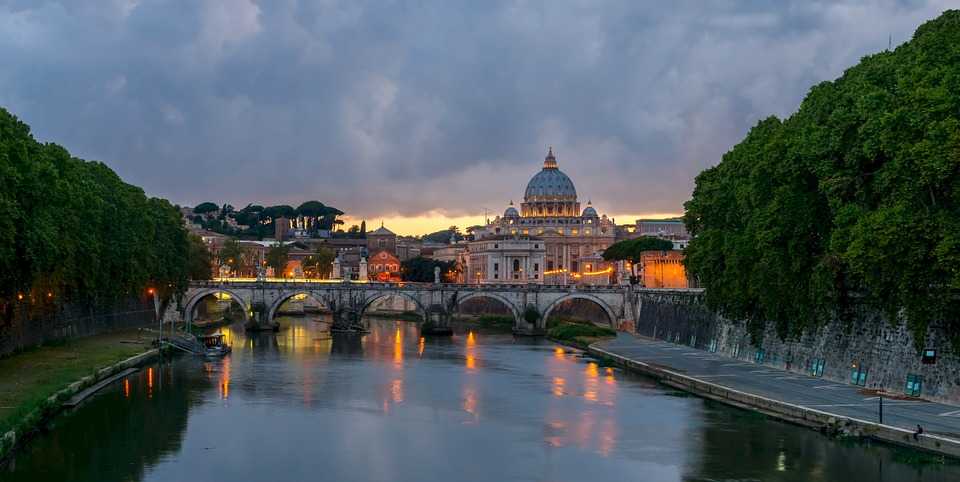
Beautiful 10 Nights Italy Honeymoon Package
- Flights included
- 4 star accommodations
- 9 activities
- Private transfer
₹ 1,32,869
Starting price/person
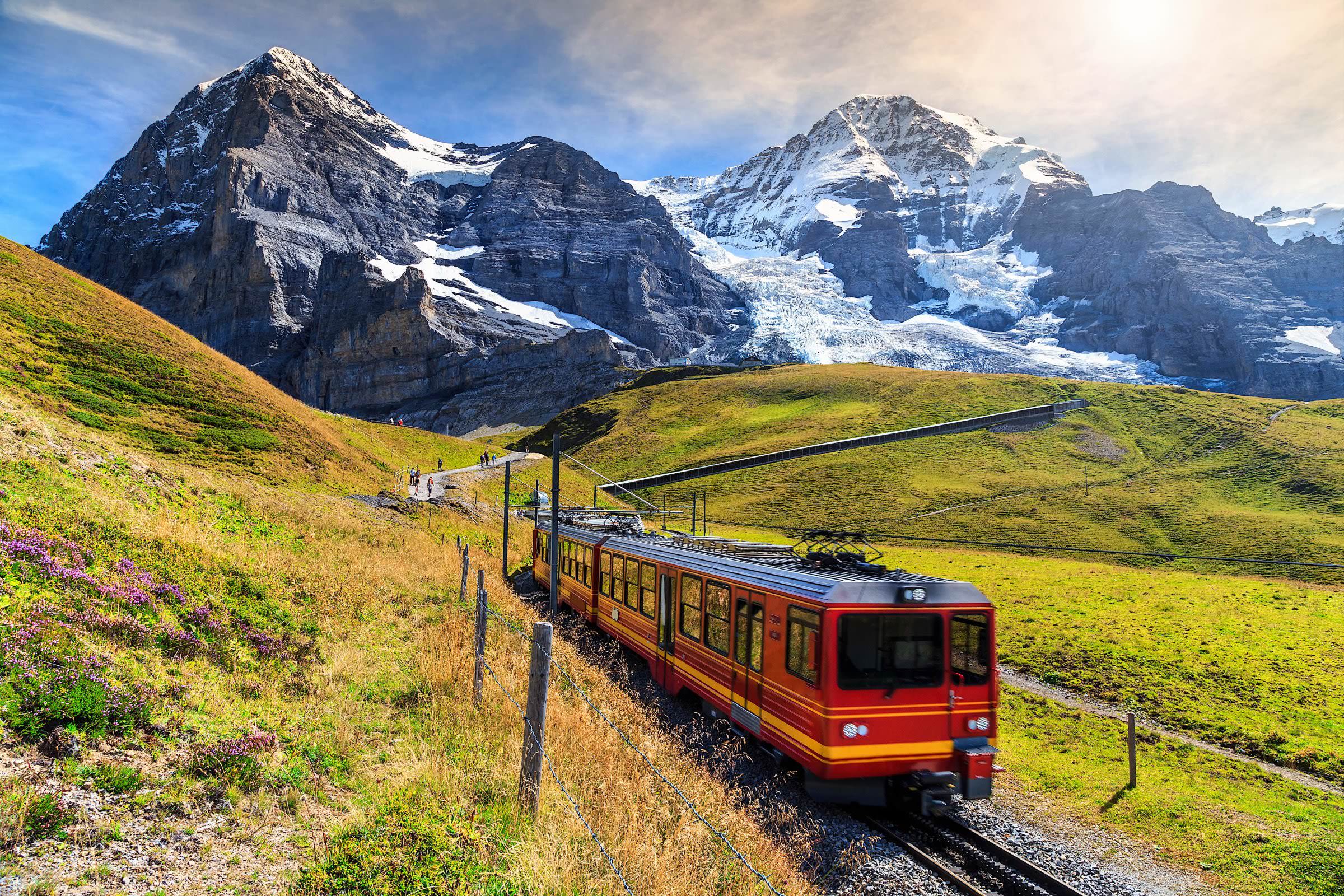
Ideal 6 day Switzerland Tour Packages for Family
- Flights included
- 3 star accommodations
- 3 activities
- Shared transfer
₹ 99,112
Starting price/person

Romantic 8 Nights Bali and Vietnam Honeymoon Packages
- Flights included
- 4 star accommodations
- 6 activities
- Shared transfer
₹ 99,947
Starting price/person
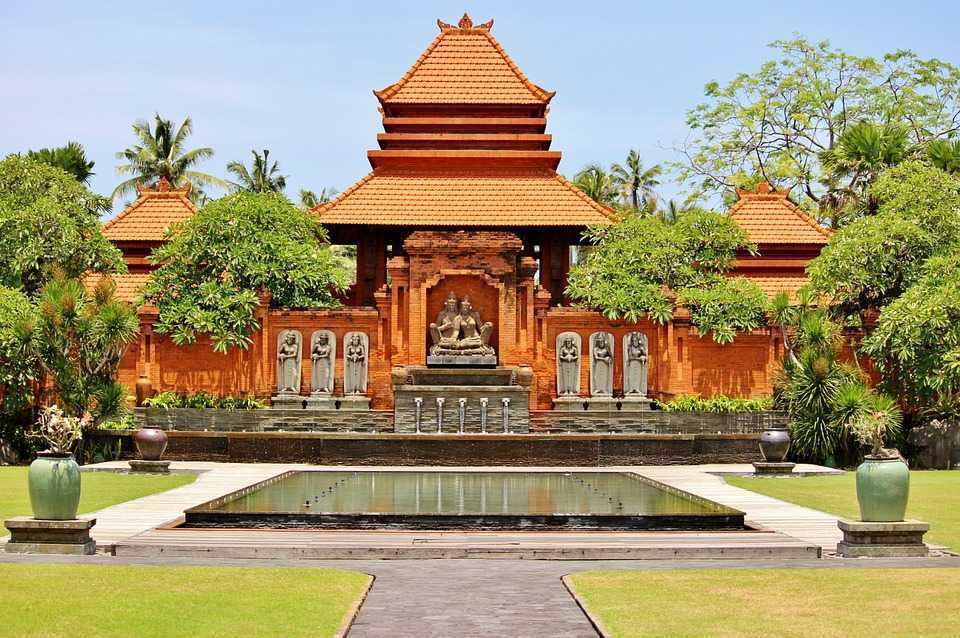
Gorgeous 9 Nights Singapore Bali Honeymoon Packages
- Flights excluded
- 4.5 star accommodations
- 6 activities
- Shared transfer
₹ 90,953
Starting price/person
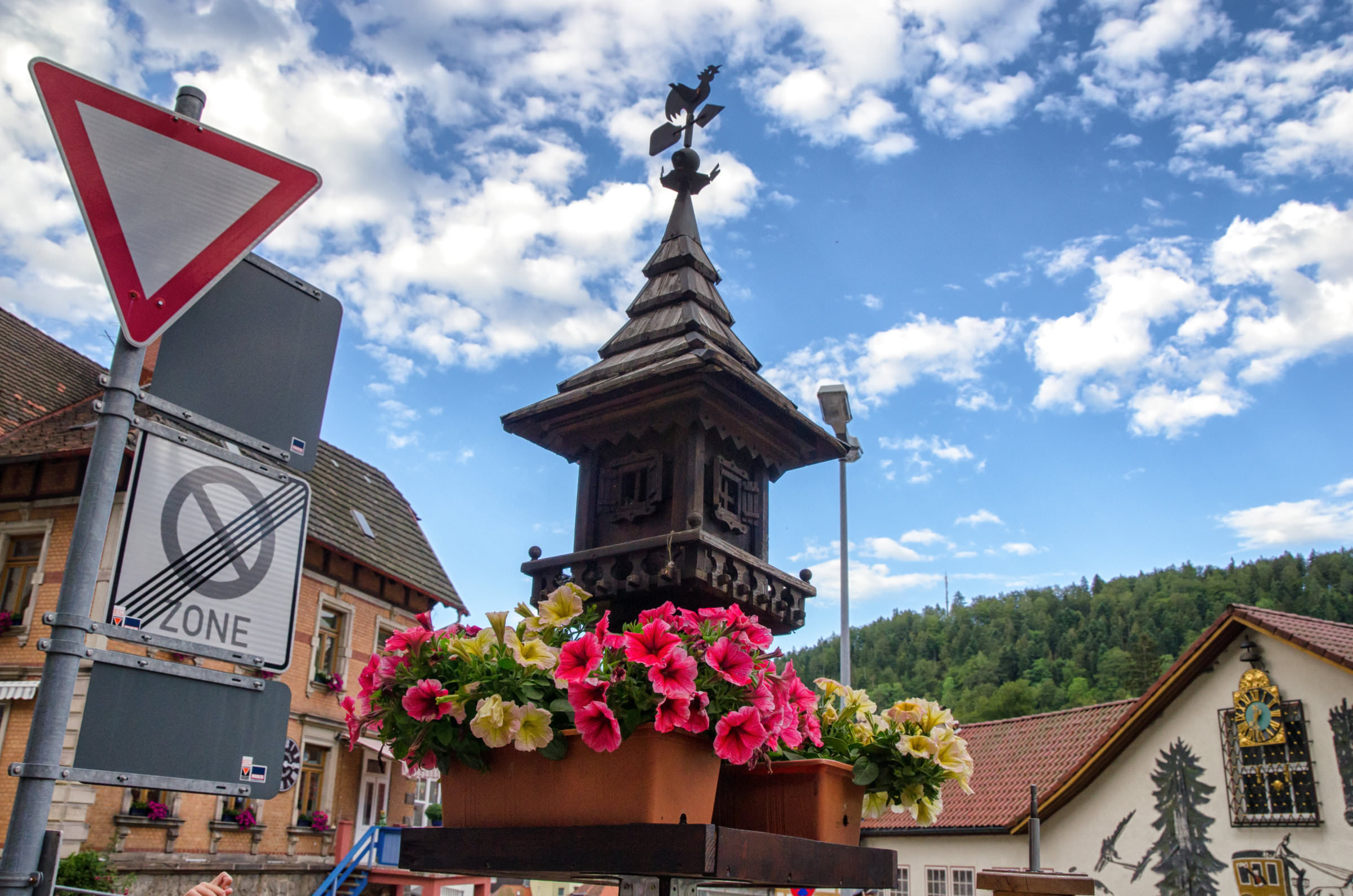
Magical 9 Nights Germany Vacation Packages
- Flights excluded
- 4.5 star accommodations
- 8 activities
- Private transfer
₹ 79,832
Starting price/person

Scenic 10 Nights Greece & Turkey Vacation Packages
- Flights excluded
- 5 star accommodations
- 6 activities
- Shared transfer
₹ 60,718
Starting price/person
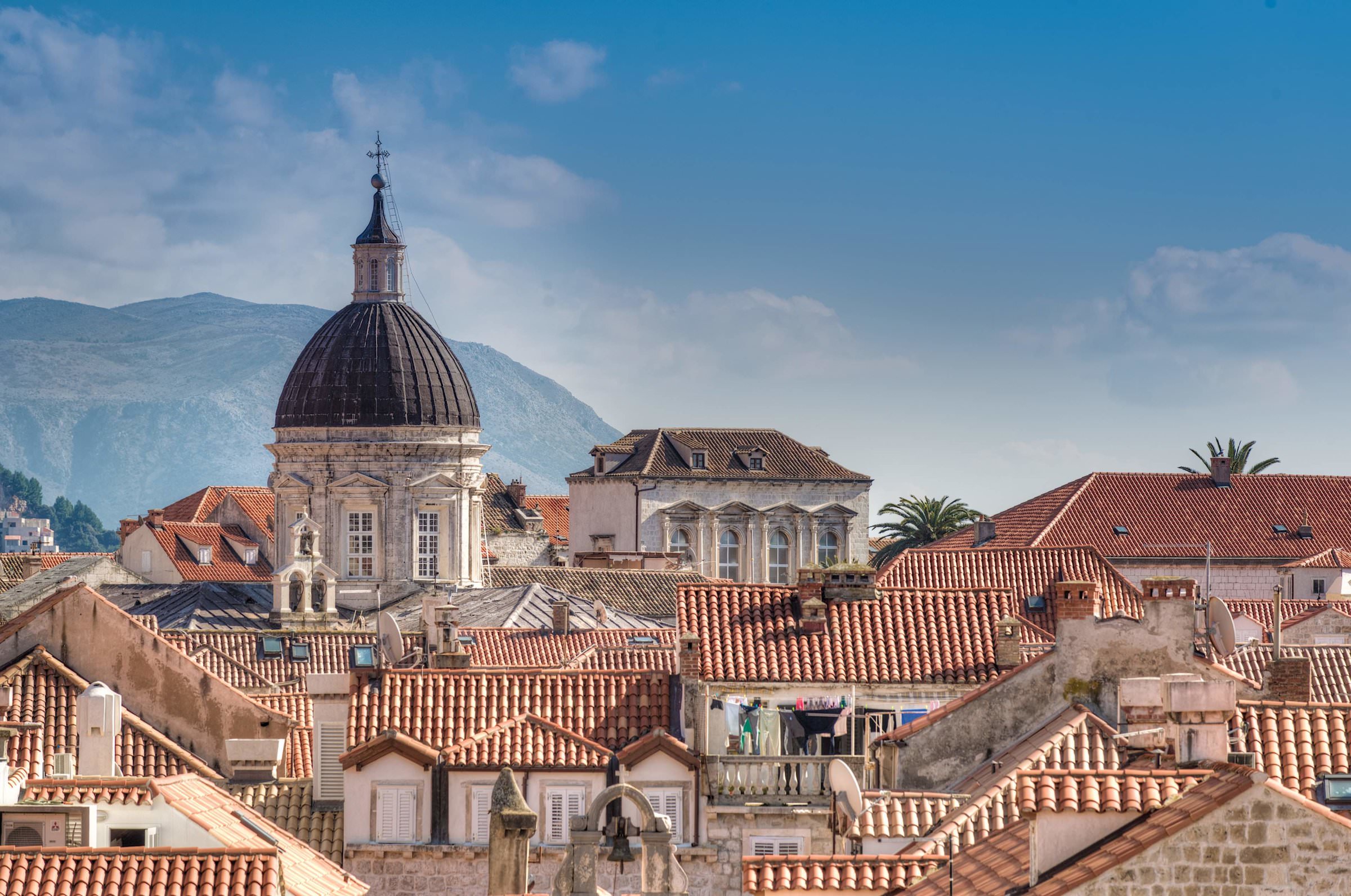
Magical 7 Nights Croatia Tour Packages
- Flights excluded
- 4 star accommodations
- 10 activities
- Shared transfer
₹ 57,778
Starting price/person
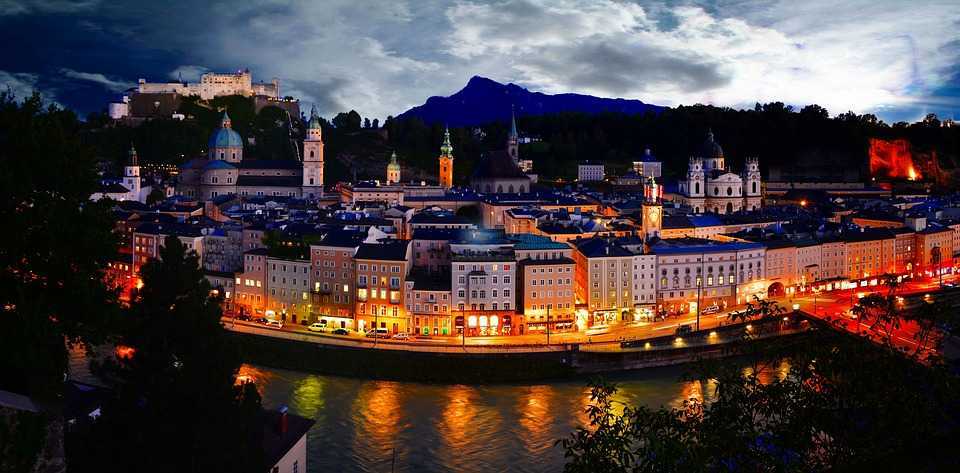
Beautiful 10 Nights Amsterdam Tour Package
- Flights excluded
- 4 star accommodations
- 8 activities
- Private transfer
₹ 1,84,115
Starting price/person


